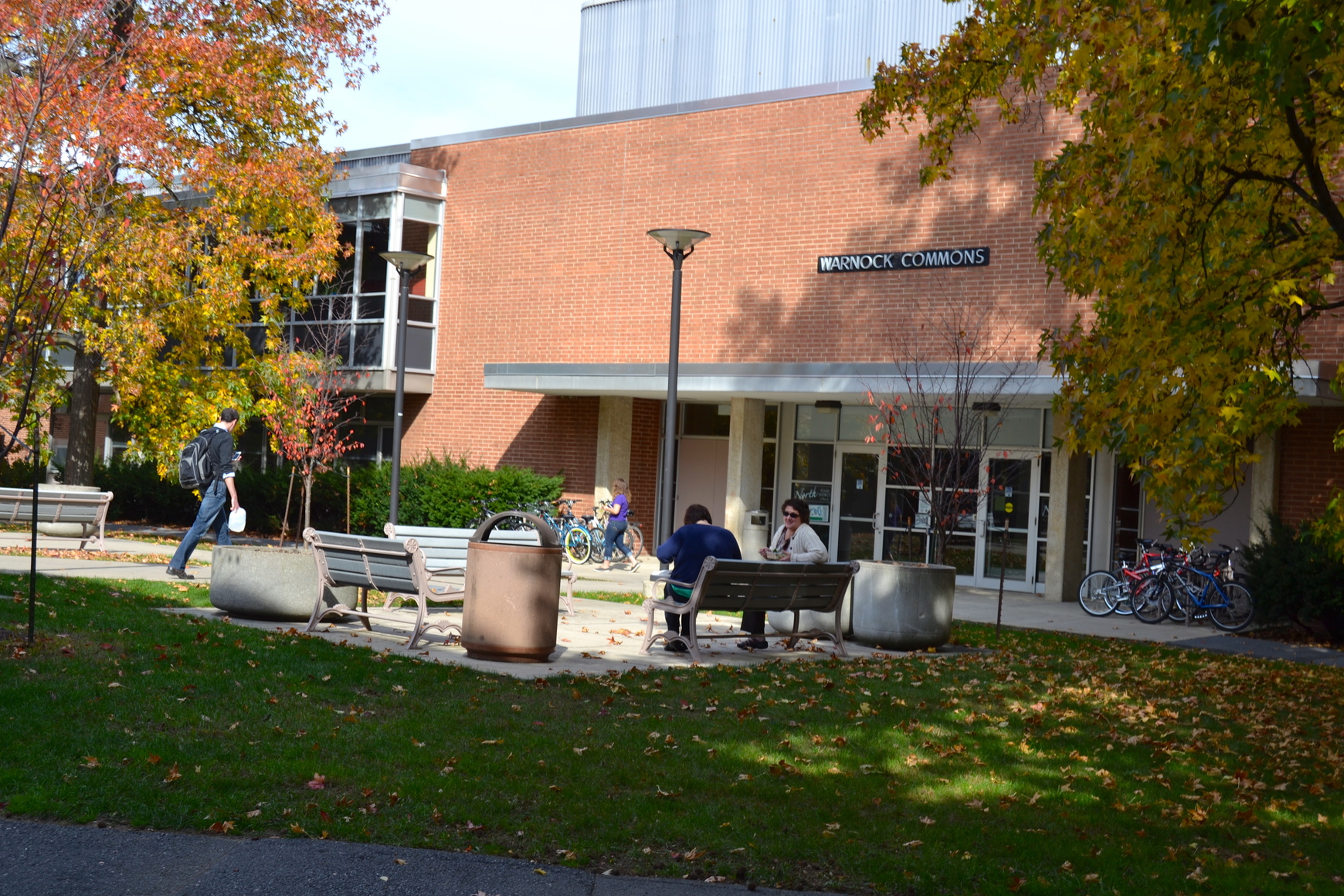Freeh Report Cherry Picked Preconceived Findings, Trustees’ Leaked Report Claims

Monday night’s leaked review of the “Freeh Report” commissioned by seven members of the university’s Board of Trustees detailed perceived bias from investigators and the type of interview methodology that lacked thorough findings regarding Penn State’s culpability in the Sandusky scandal.
The Freeh Report was originally deemed an independent investigation commissioned by Penn State in 2012 and led by former FBI director Louis Freeh. This new confidential report initially released to university and board officials in July 2018 details how outside influences such as the NCAA and former Pennsylvania governor Tom Corbett allegedly impacted that autonomy.
At different portions of the review, the NCAA was blamed for attempting to secure findings to punish Penn State outside of its jurisdiction, while Corbett allegedly made decisions based on what it would mean for his legacy and took pride in his role in former university president Graham Spanier’s demise.
The review suggests that the Freeh Group worked to please the NCAA in hopes of becoming a consistent figure in its investigative matters. Corbett, meanwhile, was allegedly able to influence the Freeh Group as a key figure in hiring these investigators for the report.
Because of this lack of independence, the review claims the Freeh Group had an agenda before the investigation even began, noting that “football culture” was first addressed by investigators instead of interviewees.
One such instance was brought up after Freeh Group emails showed its interest in the help of Kathleen McChesney, the co-leader of the investigative team, who had expertise in the Catholic Church’s coverup of sexual assault and noted the similarities between the two cases.
“In summary, our document review revealed numerous indications that the Freeh Group lacked neutrality from the very beginning of their investigation, as they expected to find indications of cultural deficiencies at Penn State that had led to covering up for a pedophile, consistent with the situation in the Catholic Church,” the report reads.
Once the investigation did begin, the trustees’ commissioned report claims that the Freeh Group’s bias crept in.
Interviews of subjects were done with the FBI’s “302 Reporting” methodology, which relies on hand-written summaries instead of recordings or full transcripts.
“Critical players” in the case like Jerry Sandusky, Mike McQueary, and former athletic director Tim Curley were not interviewed, and the more than 430 individuals who were interviewed may have had certain quotes “cherry picked” out of context instead of the report relaying their full stories. Only a quarter of the initial interviews were cited in the final Freeh Report, according to the trustees.
The review explains that there were multiple drafts of interview notes from the investigative team and alleges that in some cases significant revisions had been made from draft to draft. In one case, a subject claimed in the report that upon review of the Freeh Group’s notes from his interview, major portions were left out and very specific details that worked for its story were included.
Another instance of quote cherry picking came during janitors’ interviews. The Freeh Report made a claim that a Penn State athletics janitor who witnessed Sandusky abusing a victim may have felt fear of losing his job if he reported, but supposedly used data from only one of the eight janitors interviewed.
“Most of the Lasch Building janitors did not believe that they would lose their jobs for reporting a problematic incident involving Sandusky,” the report reads.
You can read the full report obtained by WJAC here.
Your ad blocker is on.
Please choose an option below.
Purchase a Subscription!




